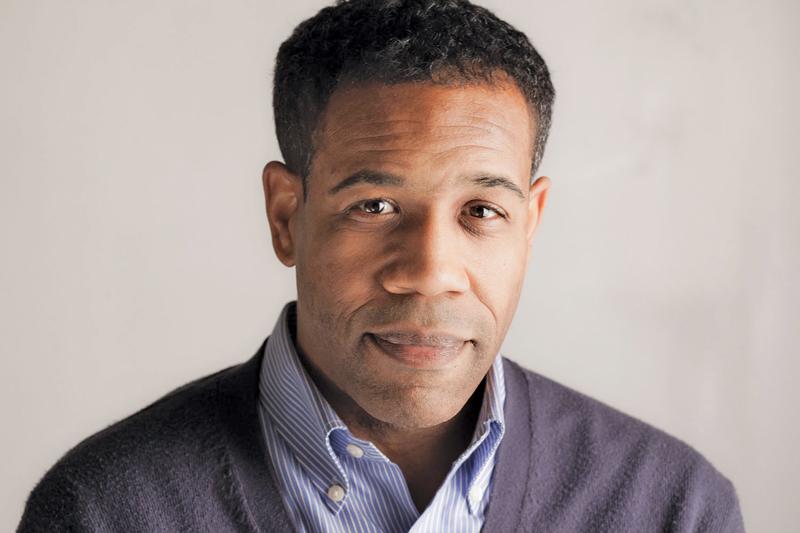Early on in Gregory Pardlo’s Digest, his Pulitzer Prize-winning collection of poems, he writes an atypically short sentence, “I do love / Brooklyn so.” Even that short phrase is stylized–in that “so” at the end. In another poem with more precise and detailed observation, the structure is more typically complex:
It is nearly July in Brooklyn and already
the fireworks from Chinatown warehouses
are bursting in stellar fluorescence like tinsel-tied
dreadlocks above the Bushwick tene-
ments and the brownstone
blocks of Bed-Stuy now littered with the skittering
decollage of wrappers exploded across the blacktops and handball
courts, playgrounds and sidewalks knuckled by tree roots.
Pardlo does love his borough. It’s where he raises his children, buys his food, and does his thinking. And Pardlo is a thinking poet, given to hard, rigorous philosophical musing. That willingness to engage complicated ideas–and follow them through the sometimes difficult syntax of his sentences–is likely what brought him to the attention of the Pulitzer committee.
The titles of his poems mention Boethius, St. Augustine, Aquinas, and Heraclitus, as well as such modern thinkers as Alfred North Whitehead and Deleuze and Guattari. Perhaps the most ambitious of these is “Alienation Effects,” in which the French Marxist philosopher Louis Althusser speaks or is spoken about. Pardlo’s poems have many speakers in them, and it is sometimes difficult to determine where the speaker ends and the poet begins.
Althusser is remembered for his “anti-humanist” approach to Marxism, his idea that everything is determined by the structure of the cultural systems and not by the individual. He’s also infamous for murdering his wife and dying while incarcerated. In Pardlo’s prose poem the mad philosopher addresses the poet: “I am merely a curtain of words. I cannot absolve you. I cannot dress your wounds. I can’t deliver you, Pardlo. You won’t find a hero in all of your books. The figure that haunts you is your own design. Let her go.”
It is a measure of Pardlo’s skill that he can write something so complex and just as deftly describe a simple moment of shopping with his daughter.
The Fulton St. Foodtown is playing Motown and I’m surprised
at how quickly my daughter picks up the tune. And soon
the two of us, plowing rows of goods steeped in fructose
under light thick as corn oil are singing Baby,
I need your lovin.
Even this poem moves on to a point of foreboding, but it is shaped by a father’s love for his child, even as he recognizes that love might be insufficient in a hard world.
Gregory Pardlo comes to UMMA for a reading on December 5 and a lecture on
Dec. 7.


